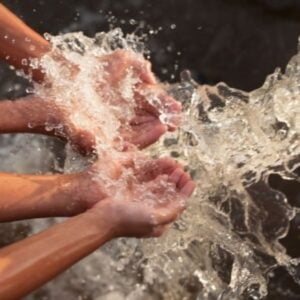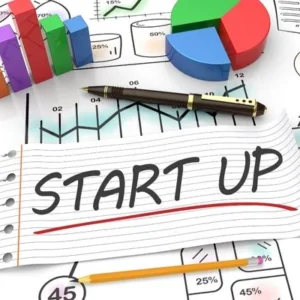The World Health Organization (WHO) reports that approximately 2.2 billion people globally still lack access to safely managed drinking water, a challenge that is growing increasingly urgent as demand for this essential resource rises. This issue is the focus of the 35th World Water Week, currently taking place in Stockholm from 24 to 28 August, under the theme “Water For Climate Action,” highlighting the critical link between water management and climate change. Safe drinking water is central not only to human survival but also to socio-economic development, energy and food production, and the maintenance of healthy ecosystems.
Reliable water supply is also essential for climate adaptation, particularly in vulnerable regions. Improved access to water is opening new opportunities for people in some of the world’s most remote areas, especially in landlocked developing countries (LLDCs). UN-Water, the UN body coordinating work on water and sanitation, is convening LLDCs that have made notable progress toward sustainable water and sanitation management, aligned with the UN Sustainable Development Goals. This session allows other LLDCs to learn from successful examples, such as Bhutan, Rwanda, and Saudi Arabia, in ensuring safe drinking water and effective water management.
The lack of safely managed water, sanitation, and hygiene services continues to undermine human well-being, dignity, and opportunity, disproportionately affecting women and girls. Contaminated water and poor hygiene practices contribute to persistent poverty and recurrent disease outbreaks in the world’s poorest countries. In response, UN-Water and its partners will engage donors and key stakeholders to tackle financing gaps, discussing innovative funding mechanisms and partnerships aimed at ensuring universal access to safe water and sanitation.







